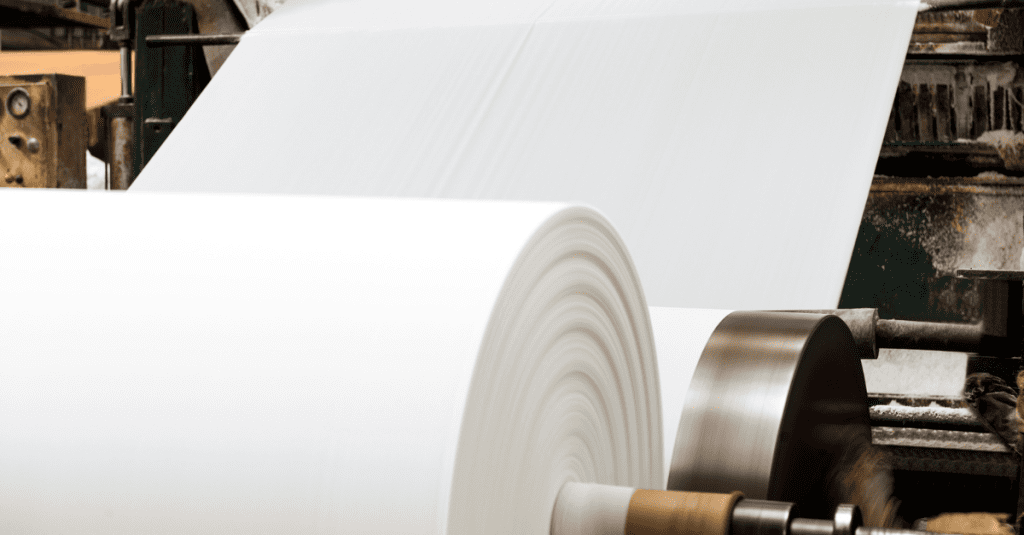Water is an indispensable resource, playing a critical role at every stage of the manufacturing process. From wood debarking to paper finishing, water is used extensively, but it often contains minerals and impurities that can lead to significant operational challenges.
Effective water treatment is vital for addressing these challenges. It involves the application of various chemicals and processes designed to remove impurities, prevent scale and corrosion, control microbial growth, and minimize pollution in effluent.
Water treatment requirements vary across the different stages of pulp and paper manufacturing:

Several technologies are employed to treat water in pulp and paper mills:
Implementing a robust water treatment program offers several key benefits:
Water treatment is essential for maintaining efficient and sustainable operations in the pulp and paper industry. By effectively managing water quality, mills can improve production efficiency, reduce operational costs, extend equipment life, and minimize their environmental footprint.
Water treatment is crucial for preventing scale formation, corrosion, microbiological growth, and effluent pollution, all of which can impact efficiency, equipment life, and environmental compliance.
Common processes include clarification, filtration, ion exchange, chemical precipitation, and disinfection.
Scale formation reduces heat transfer efficiency, increases energy consumption, and can lead to equipment failures.
Disinfection kills or inactivates microorganisms in water, preventing biofilm formation and reducing the risk of corrosion and contamination.
Water treatment minimizes the discharge of pollutants in effluent, helping mills comply with environmental regulations and reduce their ecological footprint.